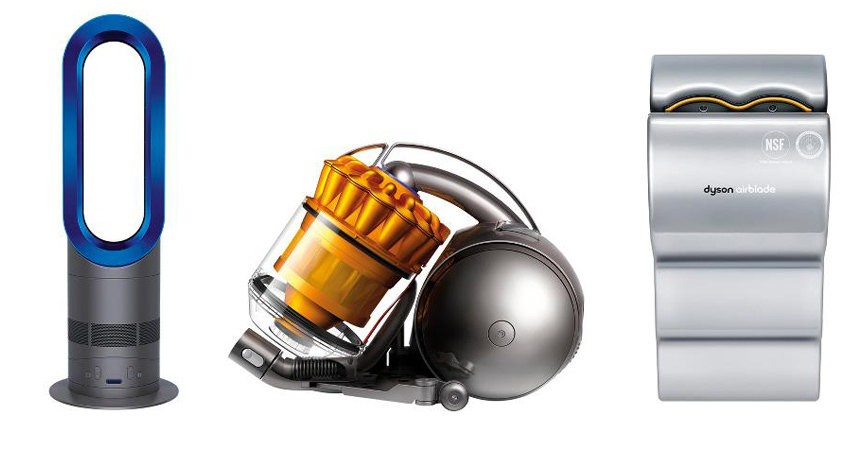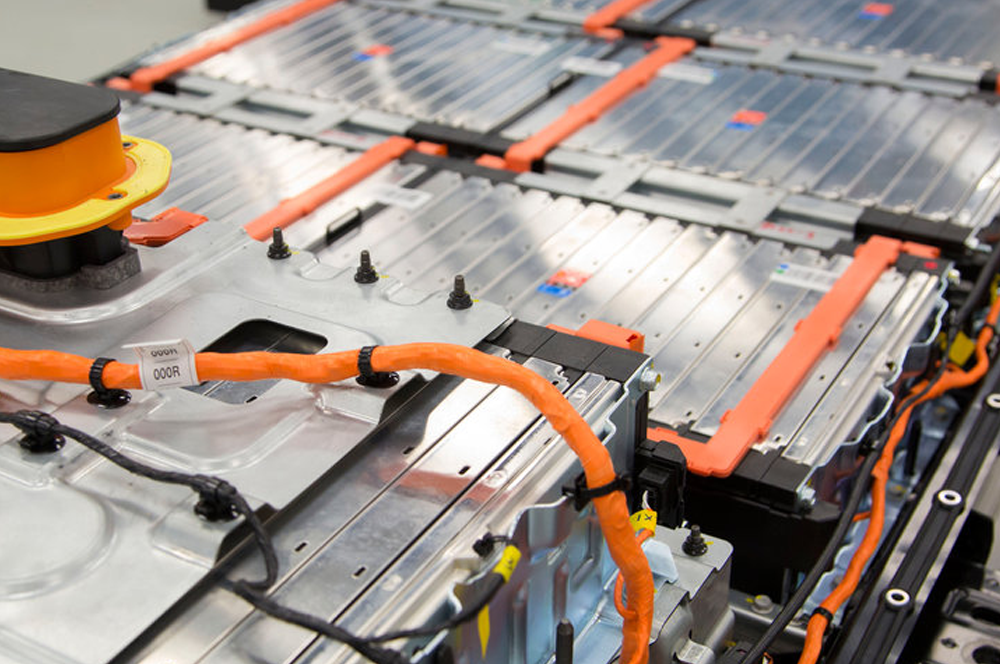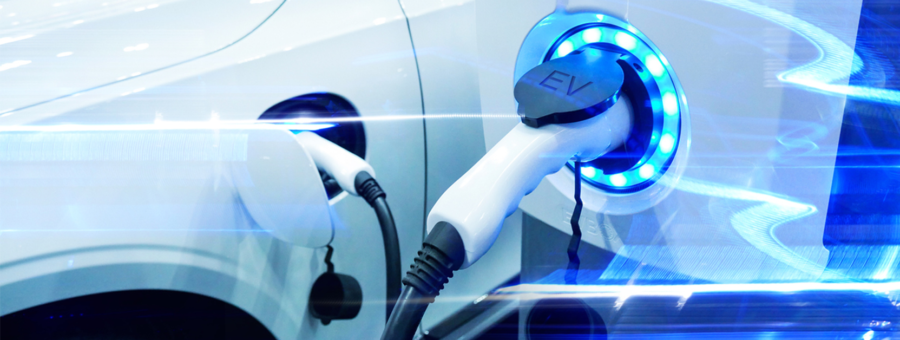Remember the days when you were young and impulsive, sat at the traffic lights, staring at your counterpart in the lane next to you, urging the lights to turn green so that you could blow them away?
Well, it appears that times are changing, so much so, that you might need to rethink your phrasing the next time your knuckles turn white, clasped at the steering wheel of your little hot hatch.
Dyson, probably more famous for sucking things up as opposed to blowing things away, are breaking into the car market. As the electric market booms, the James Dyson has taken bold steps in a former RAF base in a £2bn project to break into the industry.

Dyson is betting on the ingenuity he has demonstrated in the electrical appliance market, but this venture is a huge risk. The project is expected to drain a lot the UK company’s resources, exposing their financial standing.
In an interview with the Financial Times, Dyson confirmed that they would be pushing its world leading ‘solid state’ battery technology. The Sakti3 batteries, whose technology already exist in some of Dyson’s appliances, boosted their cordless vacuum’s motor performance by 30%, while lasting twice as long as the previous Li-ion battery. If Dyson can manipulate this technology and harvest it as a solution to its power vehicles, it will thrust the company into the automotive limelight.

The battery itself will be the main component of the investment. Of the £2bn investment, half of that will be funnelled into the development of the battery itself.
A solid state battery (SSB) is considered to be a fairly large leap past lithium, given that the two main advantages of SSB are that they charge faster and harness power for longer.
Its assumed that their first production vehicle will be produced in low volumes, establishing a route to market where the brand can establish itself on unchartered ground. The expectation is less than 2 thousand units.
Given that Dyson’s new Sakti3 battery is marginally heavier than its predecessor, the company is working extensively on producing light weight materials, which has led many to assume that the car will be made from plastics you’d normally see on a supercar, rather than the more ordinary metal based chassis.
It looks like Dyson could be a real force in the future. Watch this space.
Looking for a deal on your next vehicle?
Check out our special offers or give us a call on 0161 434 4321




